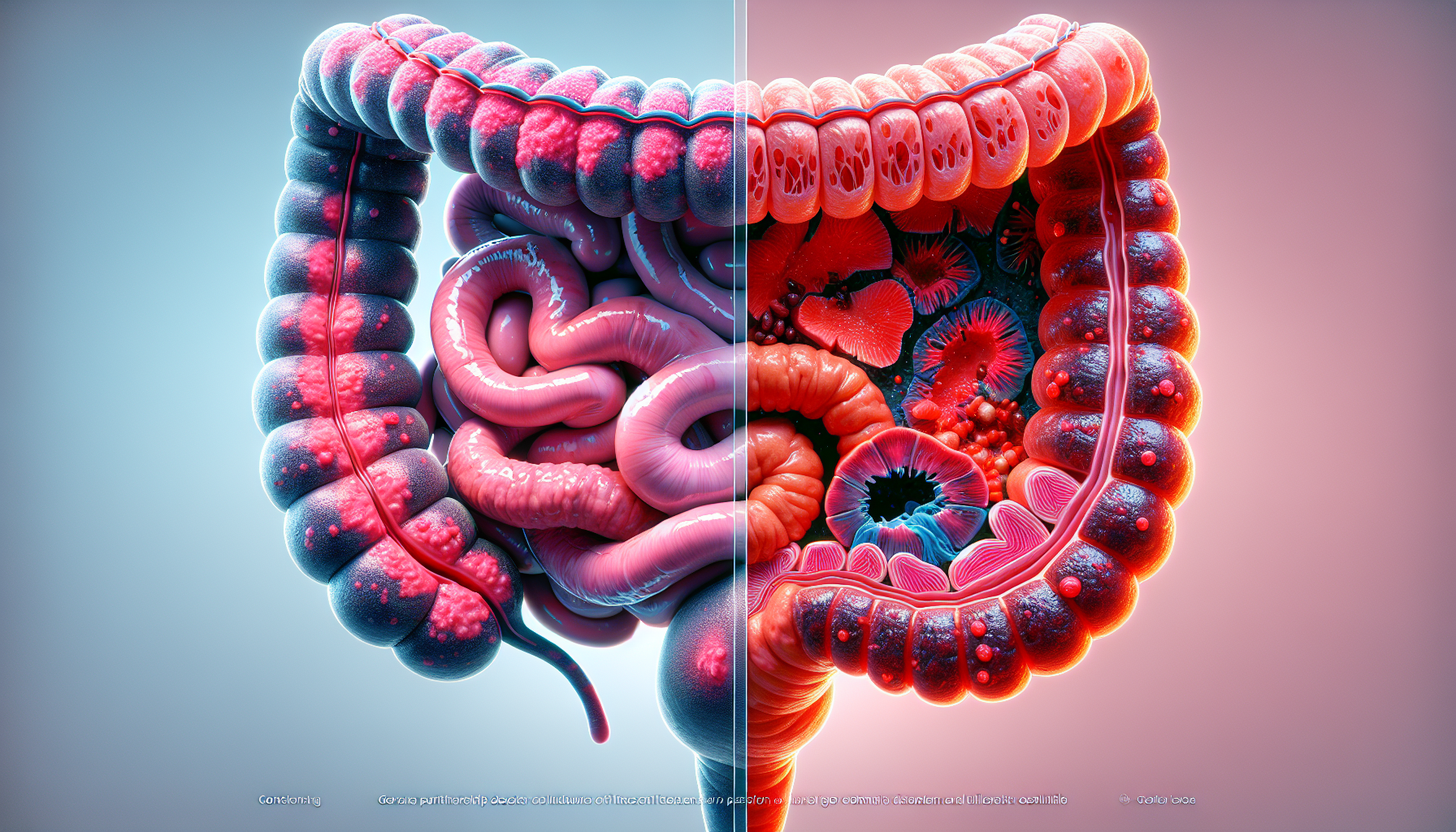New Study Shows High Accuracy for EsoGuard in Detecting Esophageal Precancer
Key Takeaways
- EsoGuard test demonstrates high accuracy in detecting esophageal precancer.
- The test offers a noninvasive alternative to traditional endoscopic procedures.
- Positive clinical findings could lead to broader adoption and insurance coverage.
Did You Know?
New Study Results
Lucid Diagnostics has recently shared promising results from an international clinical study validating the performance of their EsoGuard test. This study examined the test’s ability to detect precancerous conditions in the esophagus, such as Barrett's Esophagus (BE) and esophageal adenocarcinoma (EAC).
The study demonstrated that EsoGuard has a sensitivity of 87.5%, meaning it accurately identifies positive cases that have BE, and a negative predictive value (NPV) of 98.6%, suggesting it is highly reliable in ruling out those without the condition.
Significance of Findings
This high level of accuracy is particularly important because it indicates that the EsoGuard test can effectively screen for esophageal precancer in a noninvasive manner. Previously, confirming BE required an endoscopic procedure, which is more invasive and less accessible.
By providing a simpler and reliable test, more individuals at risk of esophageal precancer could be identified early, enabling timely intervention and possibly preventing the progression to esophageal cancer.
Previous Research and Validation
These findings build on earlier positive results from another screening study conducted with the Veterans Affairs (VA) hospitals, which also demonstrated high accuracy and has been accepted for publication in a peer-reviewed journal.
The recent study and the previous research collectively provide robust clinical evidence supporting the efficacy of the EsoGuard test.
Potential Impact on Healthcare
Dr. Victoria T. Lee, Chief Medical Officer at Lucid Diagnostics, emphasized that these findings could lead to more cost-effective approaches in screening and managing at-risk patients. If adopted widely, this could mean fewer invasive procedures and earlier detection of treatable conditions.
This step forward aligns with the company's objective to use their diagnostic tools to prevent cancer by identifying precancerous conditions early on, therefore potentially saving lives and reducing healthcare costs.
Next Steps and Future Research
Lucid Diagnostics plans to present these findings in an upcoming Medicare Local Coverage Determination (LCD) pre-submission meeting. Positive feedback from this meeting could pave the way for broader insurance coverage of the EsoGuard test, making it accessible to more patients.
Further research is anticipated to continue refining the test and expanding its use, strengthening the evidence base and clinical guidelines supporting non-endoscopic screening for esophageal precancer.
Conclusion
In summary, the EsoGuard test shows promising results as a highly sensitive and specific tool for identifying esophageal precancer. This breakthrough could revolutionize the way esophageal precancers are detected and managed, ultimately improving patient outcomes.
Healthcare providers and stakeholders eagerly await further developments and broader implementation of this technology, which has the potential to transform preventative care in gastroenterology.
About Lucid Diagnostics
Lucid Diagnostics is a company focused on the prevention of cancer through early detection. They specialize in creating diagnostic tools for gastroesophageal conditions, particularly for patients with chronic heartburn who are at higher risk of developing esophageal cancer.
For more information about Lucid Diagnostics, please visit their website at www.luciddx.com.
References
- Lucid Diagnostics Official Websitehttps://www.luciddx.com
- American College of Gastroenterology Guidelines on Esophageal Precancer Screeninghttps://gi.org/guideline/diagnosis-and-management-of-barretts-esophagus/
- National Cancer Institute on Esophageal Cancerhttps://www.cancer.gov/types/esophageal
- MedRxiv Preprint Serverhttps://www.medrxiv.org/




